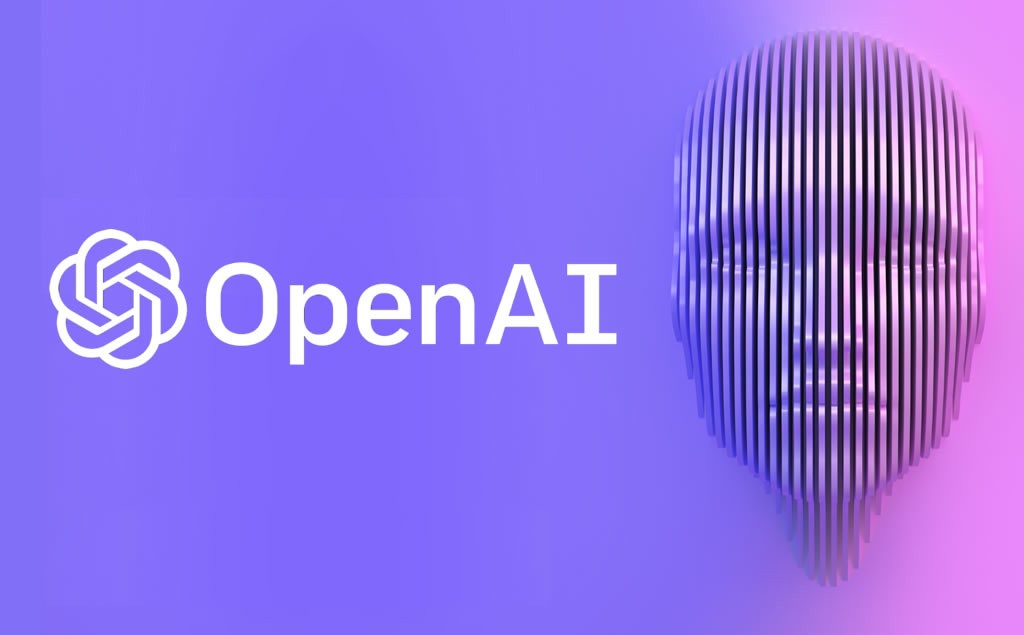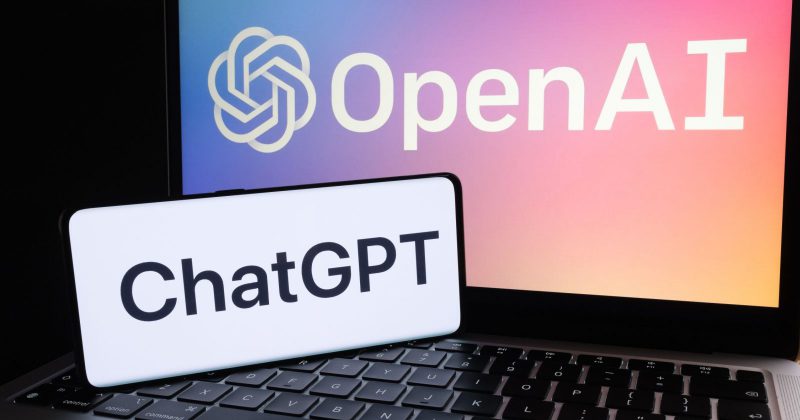The OpenAI program that has dominated the news cycle is continuing to intrigue users with both excitement and panic. Now, it has been reported that ChatGPT could affect 300 million jobs worldwide and eventually replace nearly 20% of the US workforce.
Goldman Sachs noted that the generative AI system could take over nearly all administrative and legal roles. Moreover, The Wall Street Journal reported a study that said accountants and mathematicians are at high risk to be replaced by sophisticated chatbots.


ChatGPT is Coming For Your Jobs
Since its arrival in late 2022, ChatGPT has been the talk of the tech world. Dominating the industry through its advanced capabilities, the generative AI program has impressed users across the board. Moreover, it has infused the job market with panic, as many are concerned about whether or not their employment is at risk.
Now, two new reports have indicated that there may be cause for concern after all. Specifically, ChatGPT could affect 300 million jobs worldwide and theoretically replace almost 20% of all US jobs.


Specifically, Goldman Sachs reported administrative and legal jobs are at the most immediate risk for replacement. Additionally stating generative AI could lead to “significant disruption,” in the job market. However, the report also states that AI could improve the job sector worldwide and create a host of new jobs.
Alternatively, the Wall Street Journal reported on a new study from the University of Pennsylvania around OpenAI. Specifically, nearly 20% of the US labor market could be replaced by ChatGPT-like programs. Moreover, the report states that accountants are the most at risk of replacement by the AI system. Thereafter stated, “at least half of accounting tasks could be completed much faster with the technology.”
Alongside accountants, the report notes interpreters, and writers (oh boy) atop the list of jobs ChatGPT could handle. Yet, as regulation continues to be established, and the bugs of the system are ironed out, there is currently no telling where the technology will go. Nor what its development could mean for the job sector.





